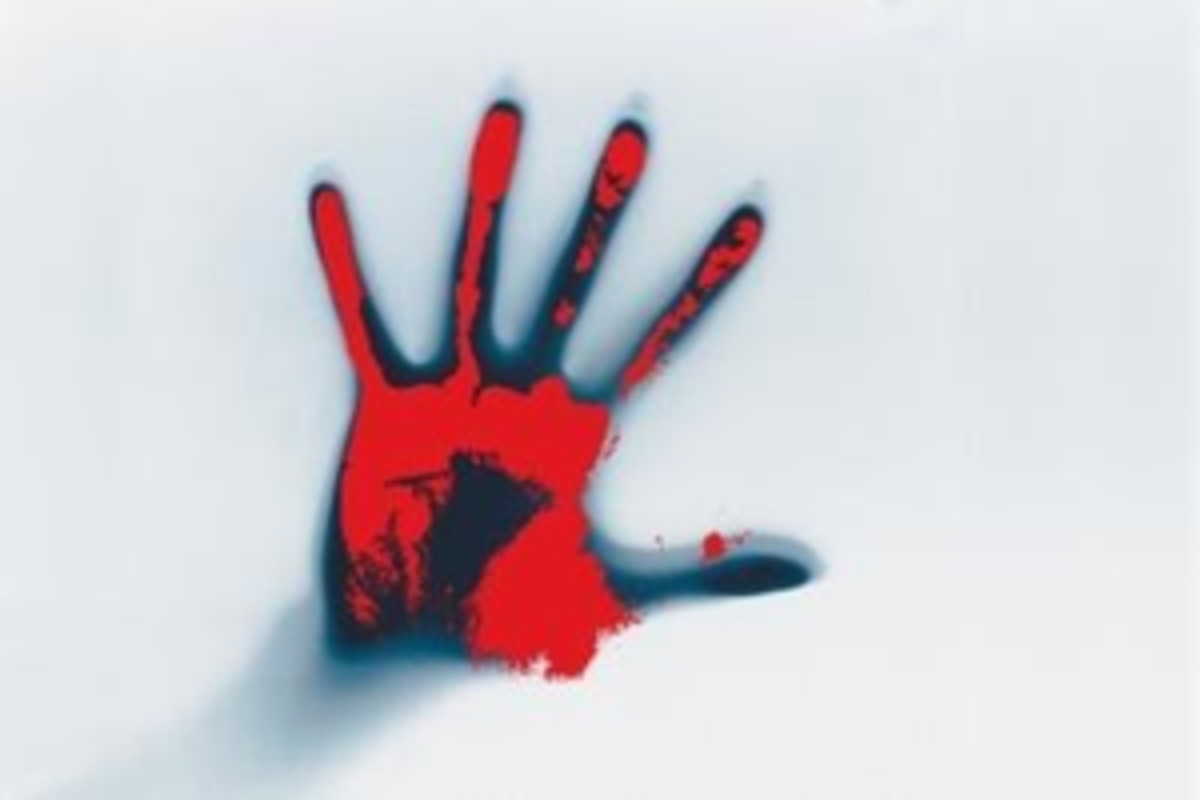The sensational midnight abduction and murder of a nine-year-old student of a tribal welfare residential school in Eluru district by two students of the same school shocked Andhra Pradesh recently.
The accused, both students of class 10, not only killed the boy studying in class 4, but also left a letter in his hand threatening more such murders.
“Whoever wants to live, go away from here because these kinds of things will keep happening from now on,” one of the accused wrote in Telugu.
They kept the letter to divert the course of attention but the handwriting proved to be a vital clue for the police and ultimately led to their arrest.
The gruesome murder of nine-year-old Gogula Akhil Vardhan Reddy had rocked Government ST Residential School in Puli Ramannagudem, a forest area in Buttayagudem ‘mandal’ (bock) of Eluru district in July.
The boy was found murdered near the hostel on the school premises. The body of the victim had contusion marks around the neck and a small scratch near the right eye.
Son of daily wagers, he belonged to a village about 5 km from the school. His elder brother is also studying at the same school in class 6.
The family belonged to the Konda Reddi tribe, a Particularly Vulnerable Tribal Group (PVTG) in Andhra Pradesh.
The student’s murder and the letter warning of more such killings had sent terror among the school inmates and the school administration. Police had formed 10 teams to crack the case.
Deputy Chief Minister Peedika Rajanna Dora, who also holds the tribal welfare portfolio, visited the school.
He handed over a cheque for Rs 10 lakh as ex gratia to the parents of the deceased and assured a job to the boy’s father in a government department on outsourcing basis and a housing plot to the family.
The murder was initially suspected to be the handiwork of some outsider. The police also focussed on the role of teachers and other employees. However, the police investigations revealed the shocking truth that two students of the same school committed the ghastly crime.
The accused, both aged 15, plotted and executed the abduction and murder of the victim. Wearing masks, they gained entry into the hostel around midnight.
One of the accused entered the room through the window, which had no grills, and opened the latch of the main door to facilitate the other boy to enter the room. Before entering the hostel, they switched off the power supply.
The accused carried the boy away and strangled him to death on the school campus located opposite the hostel block.
Police matched the handwriting in the letter found with the handwriting of students and began questioning the suspect. He tried to run away and finally confessed that he, along with another boy, committed the murder.
“The two juveniles in conflict with law confessed that they killed the hostel inmate due to personal dispute,” said Eluru Superintendent of Police (SP) D. Mary Prasanthi.
“They left a letter in the hands of the deceased to divert the course of investigation,” she said.
The SP did not reveal what was personal about the dispute that had led to the murder.
However, it was learnt the prime accused had allegedly physically and sexually abused the deceased boy previously.
When the victim rejected his proposal for sexual favour, the prime accused with another classmate plotted the murder and executed it.
The case highlights that teenagers are committing murders not just in cities and towns but even in remote places.
Police officials say teenagers studying in residential schools away from their families need proper counselling to ensure that they don’t develop bad habits.
According to Charan Teja Koganti, Consultant Psychiatrist at KIMS Hospitals, Kondapur in Hyderabad, teenagers are prone to intense mood swings due to hormonal influence.
“A sudden surge in reproductive hormones in their body can influence the neurotransmitters in the brain. But I am seeing a lot of extreme cases of these mood swings that result in rage and violent tendencies. It is usually seen secondary to a substance abuse, mental health condition, any trauma, troubled family dynamics, bullying and maybe even agitated depression.
“All of these issues should be addressed with professional help by a psychiatrist. This teen rage may cause either self-harm or harming others. It can be associated with other high risk impulsive behaviours such as drug use, binge drinking, unsafe driving causing accidents or unsafe sex,” he said.
The psychiatrist believes that social media and OTT content teenagers consume also impacts their thoughts. We see a lot of dark gory crime thrillers these days that may reduce one’s sensitivity to violence and increase the threshold for the same.
Koganti concluded by noting: “Let us not ignore jealous rage where unchecked anger and possessiveness in relations can damage their own person of interest.
“Research proved that functional neuroimaging showed a hyperactive response in the amygdala, an area of the brain that processes emotions and information regarding fear and with a lessening of activity in the frontal lobe, a brain region linked to decision-making and impulse control leading to aggression and assault.”





